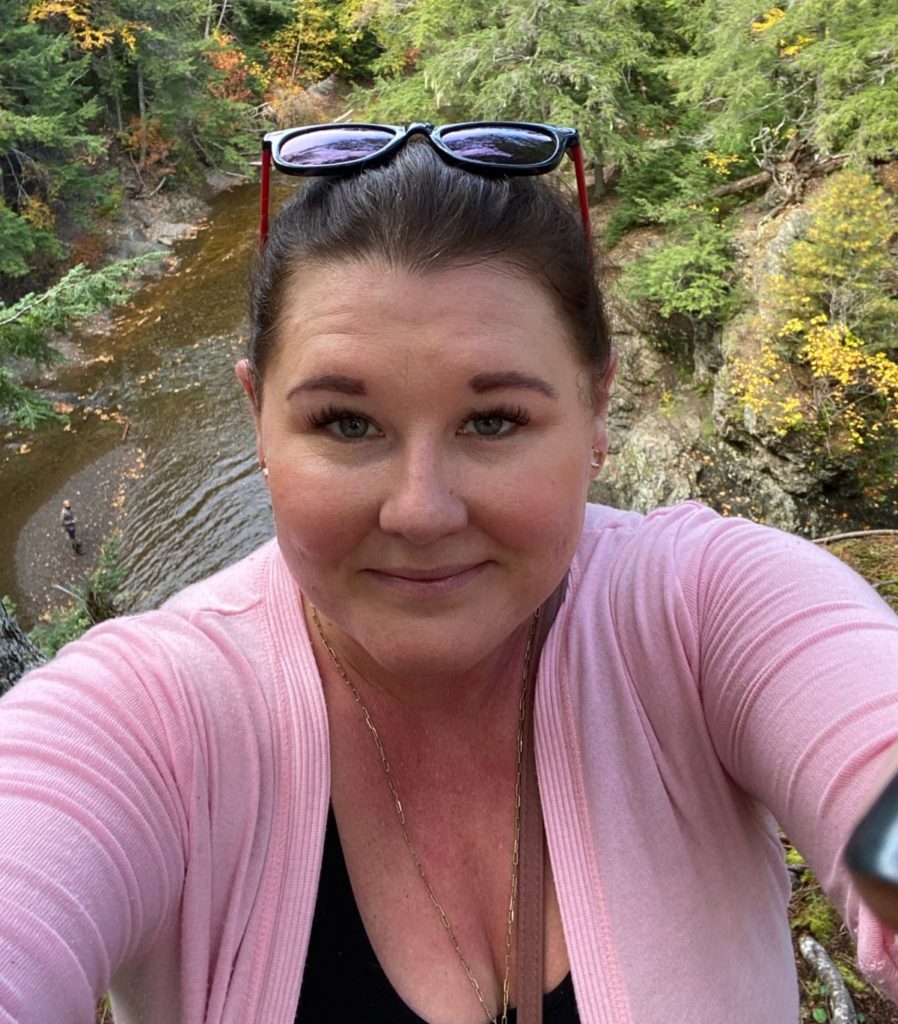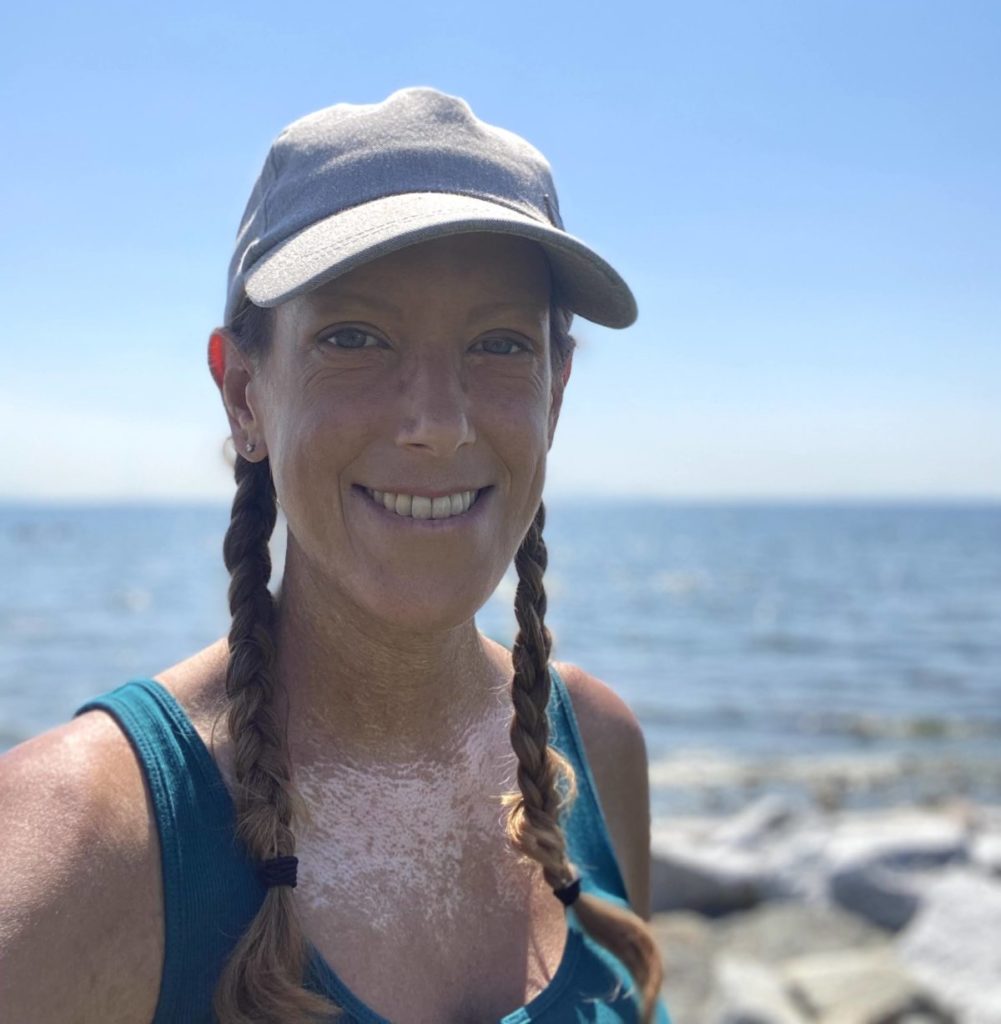I am an Edmonton rheumatologist. I know that a simple cold can kill some of my patients. But until COVID-19, I never told patients to wear a mask.
Now that restrictions are lifted across Canada, discussions with my immunocompromised patients about infection risk are not “one size fits all.” I know that immunocompromise is a spectrum rather than a single state of risk. And everyone has a different approach, from adopting a lifestyle of self-isolation to taking calibrated risks to keep their jobs.
Roughly 4 million Canadians have compromised immune systems arising from conditions that include cancer and its treatments, diabetes, kidney disease, multiple sclerosis, inflammatory bowel disease and transplant patients.
Immunocompromised means that either the disease, focused treatments or both reduce the ability of the immune system to fight against different infections including COVID-19. For people in rheumatology clinics, diseases like rheumatoid arthritis, systemic lupus erythematosus and systemic sclerosis push them into a high-stakes poker game – they need life-long medications to suppress their immune system to halt joint or organ deterioration, but this makes them more susceptible to infections than the average healthy Canadian.
Shannon Hamilton, a 38-year-old travel agent from Truro, N.S., and single mother of two, was diagnosed in 2020 with spondyloarthritis, a disease “cousin” of rheumatoid arthritis, and experienced delays in her diagnosis and treatment due to COVID lockdowns.
“I was very fearful at the beginning that this was my life …,” she says, until her cocktail of immunosuppressants finally worked. While her disease is now under control, this led to new concerns regarding her safety.
Since Nova Scotia lifted restrictions last March, she continues to mask, and her children will likely mask in school for the rest of the year. And while she plans to resume travel, she knows her COVID risk remains high; she will have her mask with her most of the time.
“It’s still kind of in the back of your mind,” she says. “I’ve still gotta live my life but I have to be a little extra cautious even to travel now.”
On the other side of the country, 73-year-old Gardia Koolwine’s awareness of her increased infection risk began 38 years ago when she was diagnosed with rheumatoid arthritis. Three joint replacements and a few bent joints later, she found relief with biologic medications in 2001. She almost “forgot” she had arthritis until COVID reminded her because of the medications she takes to stay in remission. She’s unhappy about the quick lifting of restrictions.
“I really expected that masks would be the new future,” she says. “So, I am feeling a little vulnerable and I am going to keep wearing a mask.”
Gardia’s rheumatologist,. Shahin Jamal, Clinical Associate Professor at the University of British Columbia, notes that Gardia’s risk-management strategy is one of many emerging as restrictions are lifted.
“In terms of what people are doing, I think you have a whole grab bag. And I think a lot of it depends inherently on their approach to risk,” she says.
While some people follow the science, others appear comfortable resuming activities in a crowded, maskless world. Jamal recommends that immunocompromised people stay on their medications to control their disease and avoid steroids that elevate COVID risk.
The debate between public health mandates and individual rights inevitably seeps into her practice with more of her patients questioning the infringement of restrictions like masking on their individual rights.
In Toronto, 33-year-old Kiara Sancler counts herself lucky to have overcome kidney failure and heart valve problems caused by systemic lupus erythematosus, diagnosed in 2017. Immunosuppressive medications have kept her disease in remission. But she contracted COVID twice, newly pregnant the first time. She laughs at the strangeness of delivering her baby while she was wearing a mask and was relieved that her two COVID bouts were mild.
“I am over the pandemic,” she says. “If I was sicker, I probably would have more fear, more anxiety about being sick. I would have been living in fear if I wasn’t in remission.”
While Kiara is embracing the maskless world in Ontario, Dominique Dickau, a 37-year-old elementary music teacher in Edmonton, cried when she heard Alberta announce the end of restrictions.
Diagnosed with systemic sclerosis (scleroderma) after losing the tip of her right index finger in 2019, she knew her risk for severe COVID was especially high. This rare, unforgiving autoimmune disease often affects the skin, internal organs and blood vessels and in her case led to lung inflammation that required strong doses of steroids and immunosuppressants to help her breathe.
During the pandemic, Dominique’s husband and two young children exercised extreme caution, with limited social bubbles. She taught online for much of it, missing the in-person experience. Her whole family felt the constant anxiety of working to protect her.
She analogizes the pandemic to her finger loss in 2019.
“I compare this to my finger a little bit too because I was isolated at home for three months while I was processing my autoamputation and I remember feeling so disconnected from everybody but then it was over,” she says. “But no one else was experiencing what I was at the time. Whereas with the pandemic we were all in it together. At the beginning it was “everyone is in this together, we’re going to get through this together;’ one year later that message kind of fizzled out and then two years later we are very divisive.”
This spring, Dickau returned to in-person teaching wearing her N95 mask and face shield. Her two Grade 7 classes were extremely supportive and agreed to at least mask when approaching her, and most wear masks throughout the day.
Mohammed Osman, her rheumatologist and Assistant Professor of Medicine at the University of Alberta, notes how vulnerable immunocompromised people are and that they should be more selfish and protect themselves, especially when many healthy Canadians did not even wear masks when mandated. The pandemic has shown us the varied spectrum of immunocompromised status, he says.
“As treaters, we kind of lump these people together and we really shouldn’t because there are certain aspects that are unique.”
Top photo: Gardia Koolwine outside a coffee shop in Nelson, B.C.




The comments section is closed.
Great article, thanks for publishing!